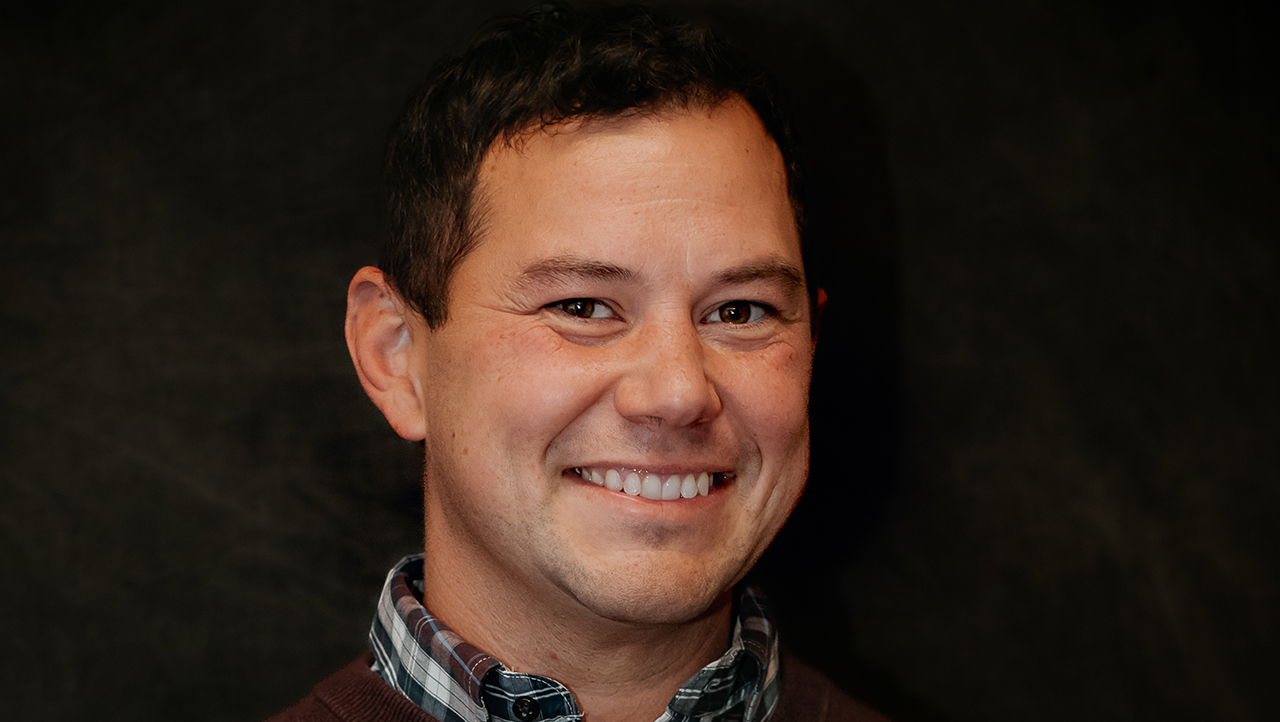Social work professor named to the Diversity Scholars Network

Oakland University Assistant Professor of Social Work Nick Espitia was recently named to the Diversity Scholars Network at the National Center for Institutional Diversity.
“I’m honored to join the Diversity Scholars Network, “Espitia said. “Their focus is on developing and supporting a network of scholars who are committed to diversity work. They want to help us develop ideas and support each other, so that transfers into projects that create social action.”
The Diversity Scholars Network fosters an interdisciplinary community of scholars to strengthen research and scholarship about diversity, equity and inclusion, and address issues in education and society.
Members of the network are identified for their commitment and contribution to diversity research and scholarship.
Espitia said he was approached about applying for the network and after doing some research, he decided to apply.
“I read about their mission and goals, and it was something that I felt aligned pretty strongly with my work,” Espitia said. “I think it’s important that scholars make it known that this is the work we do and we find value in it. I’m someone who works well with collaboration so the ability to join a larger network and be introduced to folks who are doing similar work was really appealing.”
The Diversity Scholars Network is part of the National Center for Institutional Diversity, which is housed at the University of Michigan. The center’s vision is to empower people and institutions to leverage knowledge and skills around the benefits, challenges, and opportunities of diversity in order to create a truly equitable and inclusive society.
Espitia said broadly his research studies the impact of policy on political participation and how policy can be used to create inclusive environments or promote exclusion.
“I do that through two specific research tracks,” Espitia said. “One is focusing on the political participation of undocumented folks. How do undocumented folks make sense of and engage in political participation? And what role do immigration policies play in that process? How does this influence how they engage with their communities more broadly? We have a lot of our measures focus on things like voting. Undocumented folks are formally excluded from voting, but they can engage with elected officials, and there are different levels of risks. So how do folks in communities who are formally excluded from our common measures of political participation redefine and engage in a way that makes sense for them?
“And then the second track is focused on higher education access. For undocumented and Latinx populations, specifically, how do we develop institutional policies that not only get folks on campus, but then also provide them with the resources that they need to thrive once they're here?”
Espitia is hopeful being part of the Diversity Scholars Network will connect him with scholars doing similar work so it can improve his research as well as allow him to assist others.
“Having connections to scholars and other folks who are doing similar work gives me an understanding of what it looks like at other universities,” Espitia said. “I get a better understanding of what worked well and things that didn’t work well at other institutions. That helps me think through how I can apply them in my own work.”
Espitia is also hopeful being part of the network can help him work more collaboratively with his colleagues at Oakland.
“There are folks on our campus doing this work too so hopefully this can be a vehicle to connect to other folks on campus,” Espitia said. “My department has been really supportive of this type of work. This is something that's important to them as well. The network also offers things like pop-up grants and small pockets of funding so that that could be beneficial as well for projects.”

 September 26, 2024
September 26, 2024







